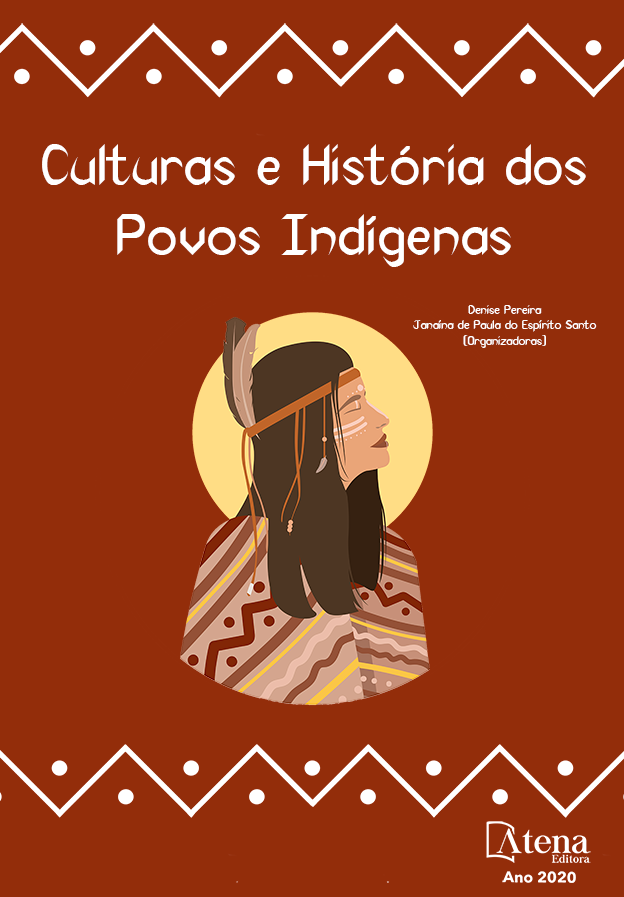
PROCESOS DE DESCOLONIZACIÓN A PARTIR DE LA “EXPERIENCIA DE LA EXTRAÑEZA” COMO UNA EPISTEMOLOGÍA CONTRAHEGEMÓNICA PARA LAS TRANSFORMACIONES GLOBALES. UNA PERSPECTIVA FEMINISTA
La tesis del texto que desarrollo, es desde una perspectiva decolonial y una consideración crítica de la comprensión occidental de la ciencia que surgió desde los movimientos sociales. Las connotaciones de su terminología vienen desde la década de los setenta, tanto en Abya Yala, como en el centro-periferia de Europa/Alemania. Así, la contribución refleja críticas desde la perspectiva de América Latina como la teoría de la dependencia, discutida en Alemania en los años setenta (Furtado, Cardoso, Quijano) y del Sur Global sobre la epistemología hegemónica (Quijano, Hall, Smith, de Souza Santos) y está retomando algunos ejemplos filosóficos europeos (Kuhn, Humboldt, Buber, Erdheim). Estas contribuciones toman en cuenta los movimientos descolonizadores. Especialmente partes del movimiento feminista y sus reflexiones hacia la ciencia tienen una larga historia crítica sobre la epistemología patriarcal (Lorde, Mohanty, Haraway, Smith, v. Werlhof). Para ver los puntos decoloniales en la metodología y en los métodos se retoma por ejemplo el método biográfico como parte de una decolonización metodológica. En consecuencia, el diálogo, el autonombramiento y la cooperación/colaboración se desarrolla como propuesta de una metodología de la “extrañeza reflejada”.
PROCESOS DE DESCOLONIZACIÓN A PARTIR DE LA “EXPERIENCIA DE LA EXTRAÑEZA” COMO UNA EPISTEMOLOGÍA CONTRAHEGEMÓNICA PARA LAS TRANSFORMACIONES GLOBALES. UNA PERSPECTIVA FEMINISTA
-
DOI: 10.22533/at.ed.66820160916
-
Palavras-chave: epistemología feminista decolonial, metodología de la extrañeza: análisis biográfico/testimonial – colaborativa – horizontal
-
Keywords: decolonial feminist epistemology, methodology of “Strangeness Experience”, biographic/testimonial – collaborative - horizontal
-
Abstract:
The thesis of the text that I develop, argues with decolonial perspectives and critical considerations of Western understanding of science that emerged from social movements. The connotations of its terminology come from the seventies, in both, Abya Yala and the global south generally and in the centre-periphery of Europe/Germany. Thus, the contribution reflects critics from the perspective of Latin America like dependence theory, discussed in Germany in the seventies (Furtado, Cardoso, Quijano) and of the Global South about hegemonic epistemology (Quijano, Hall, Smith, de Souza Santos) and is taking up some European philosophical examples (Kuhn, Humboldt, Buber, Erdheim). These contributions take into account the preparations of decolonising movements in science. Especially parts of the feminist movement and reflections has a long critical history on patriarchal epistemology (Lorde, Mohanty, Haraway, Smith, v. Werlhof). In order to see the decolonial points in the methodology and methods, the biographical method is taken up again, for example, as part of a methodological decolonisation. Consequently, dialogue, self-empowerment and cooperation/collaboration are developing as part of a "reflected strangeness" methodology.
-
Número de páginas: 20
- Cornelia Giebeler


